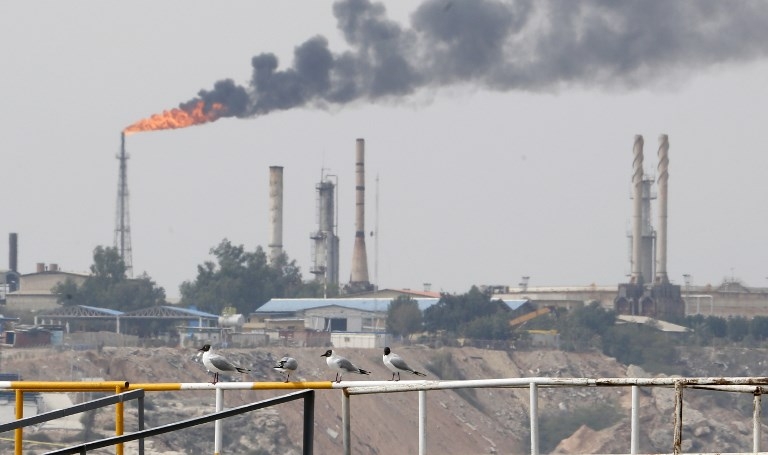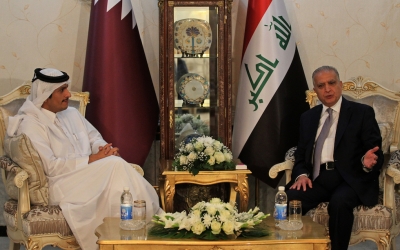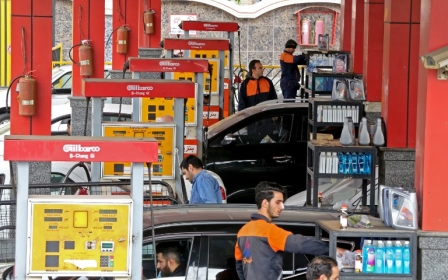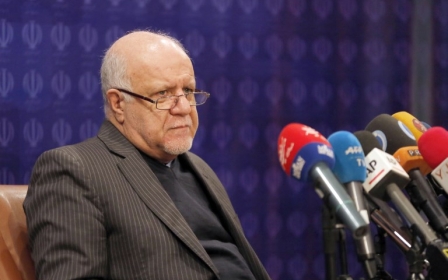US extends waiver for Iraq to import Iranian gas despite sanctions

The United States has extended a waiver to allow Iraq to continue purchasing energy from Iran, a US official told Reuters, despite President Donald Trump’s pledge to reimpose sanctions on the Islamic Republic.
The State Department on Tuesday issued a second three-month exemption from Iran sanctions for Iraq, which is heavily reliant on Iranian gas and electricity to cope with chronic blackouts that have triggered protests and anger.
"While this waiver is intended to help Iraq mitigate energy shortages, we continue to discuss our Iran-related sanctions with our partners in Iraq," said a State Department official.
The official said that increasing Iraq's capacities and diversifying imports "will strengthen Iraq's economy and development as well as encourage a united, democratic and prosperous Iraq free from malign Iranian influence".
In January, Iraq's foreign minister said that his country is "not obliged" to abide by sanctions imposed by the US against Iran and would be pursuing options to continue trade.
On 20 December, the US granted Baghdad a 90-day extension to a waiver on abiding by the sanctions that were reimposed on the Islamic republic in November.
Trade between the two neighbouring countries is thought to amount to around $12bn, while Iran provides around 40 percent of Iraq's electricity needs.
Iraq faces chronic power shortages that often leave homes without electricity for as much as 20 hours a day - a key driving factor behind mass protests last summer.
To cope with the shortages, Iraq imports up to 28 million cubic metres of Iranian gas a day for power generation and also directly imports up to 1,300 megawatts of Iranian electricity.
Last May, the US pulled out of the 2015 nuclear deal that Iran signed with world powers, under which it agreed to curb its nuclear programme in exchange for the lifting of international sanctions.
Since that time, the US president and key officials within his administration have repeatedly voiced their opposition to negotiating with Tehran, a position that pits Washington against several of its key European allies, which remain committed to the 2015 agreement.
The US approach has met strong opposition, with European powers encouraging their companies to stay present in Iran so as to safeguard the denuclearisation accord.
Iranian President Hassan Rouhani paid a visit last week to Iraq, where he highlighted Tehran's support in battling the Islamic State (IS) group and said that the United States was "despised" in the region.
Middle East Eye propose une couverture et une analyse indépendantes et incomparables du Moyen-Orient, de l’Afrique du Nord et d’autres régions du monde. Pour en savoir plus sur la reprise de ce contenu et les frais qui s’appliquent, veuillez remplir ce formulaire [en anglais]. Pour en savoir plus sur MEE, cliquez ici [en anglais].





